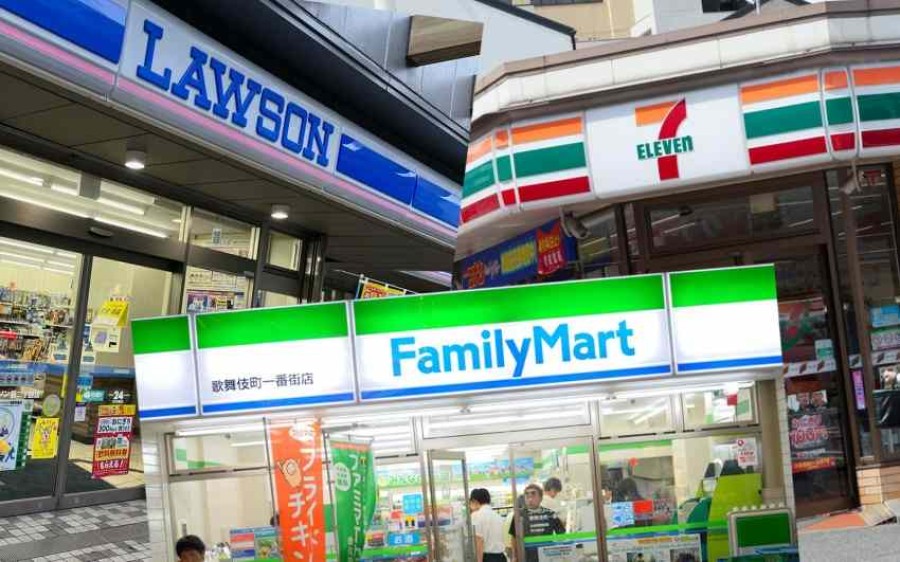12% of Japan convenience stores don't open 24 hours due to labor shortage

Nearly 12 percent of convenience stores run by major operators have opted against around-the-clock operations, citing a worker shortage and declining late-night demand, a Kyodo News survey showed Monday.
The survey, conducted in April and replied to by all seven major convenience chain operators except Yamazaki Baking Co, showed that around 6,400 of the 55,000 convenience stores in the country were operating with shortened business hours between February and April.
Among the top three Japanese convenience chains -- Seven-Eleven Japan, Lawson and FamilyMart Co -- the proportion of stores with shortened business hours was relatively low at around 8 to 10 percent, compared with other smaller operators.
Seicomart, the largest convenience chain in Hokkaido, northern Japan, logged the highest rate of stores cutting business hours at 87 percent, followed by Poplar Co, headquartered in Hiroshima, western Japan, at 79 percent.
"We are taking measures by taking into consideration sales and sustainability," said an official of Ministop Co, which allowed 22 percent of stores to run shorter business hours.
Since Seven-Eleven Japan opened the country's first convenience store in Tokyo's Koto Ward in May 1974, such outlets with 24-hour operation have become ubiquitous, with customers dropping by not only for groceries but also for financial services, package delivery and other conveniences.
However, in recent years, the domestic market has become saturated, and concerns about overwork have surfaced amid a deepening labor crunch. A dispute in 2019 between a franchise owner in Osaka Prefecture and Seven-Eleven Japan over 24/7 operation garnered public attention, further highlighting these worries.
Tags :
Previous Story
- Nippon Steel delays closing of acquisition of U.S....
- Yen firm as bets build for imminent BOJ...
- China Vows to Improve Business Conditions, Japan Top...
- Japan's Nippon Steel exec meets US Congress members...
- Sony ends $10 billion merger with India's Zee,...
- Denim Fabric Evolution - Trends in Sustainability, Craftsmanship,...
- Nikkei rises 28% in 2023 for highest year-end...
- Prospect of wage growth still challenging for households,...